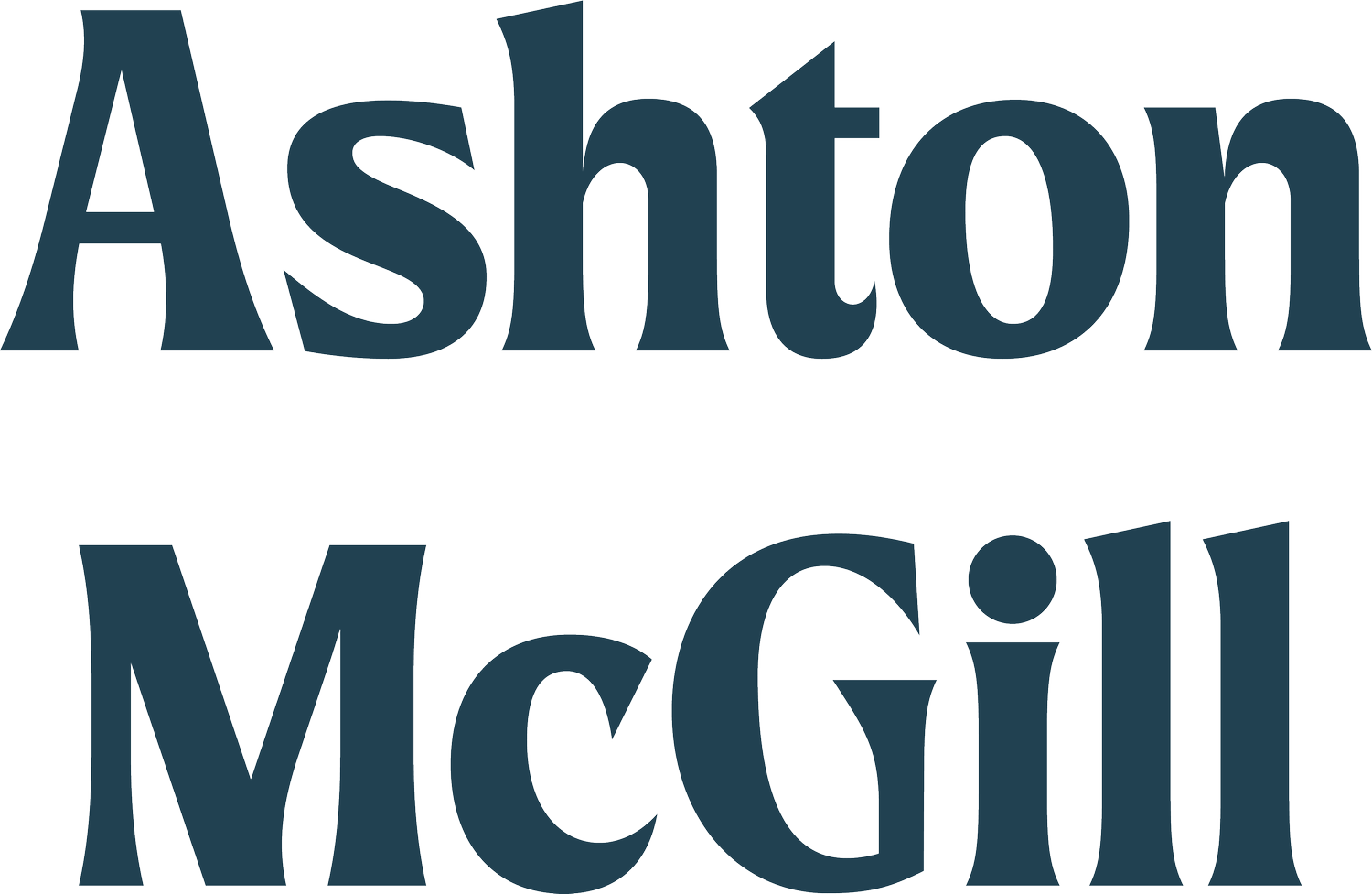How to Get More Value from Your Accountant.
As a business owner, you deserve more than just a compliance checkmark from your accountant. Many ambitious businesses don’t realise just how much value a good accountant can bring—or that they should be asking for more.
If you’re not sure whether you’re getting the support you need, or if your accountant is the right fit for the growth ambitions of your business, here are the most important questions to ask them to unlock more from your partnership.
1. Does Your Accountant Understand Your Business?
If you’ve never had an in-depth conversation with your accountant about your business and its goals, it’s time to schedule one. Understanding your business goes beyond looking at your revenue and expenses. Your accountant should know your business model, how you make a profit, and the core KPIs that matter for your growth.
Why This Matters:
When your accountant understands your vision and long-term plans, they can provide better advice that aligns with your objectives. This helps them offer proactive, tailored solutions that go beyond compliance work and contribute to your business growth.
Next Steps:
Request an alignment session to walk them through your business’s operations, key revenue drivers, and strategic goals. This session should ensure they’re fully equipped to offer insights that make a real impact.
2. “Can We Meet Up Regularly to Chat About What’s Happening in My Business?”
Many business owners only hear from their accountant when deadlines are looming. If this sounds familiar, ask for regular catch-ups. Monthly or quarterly meetings provide the chance to discuss what’s happening in your business, review financial reports, and share updates on new challenges or opportunities.
Why This Matters:
Regular communication keeps your accountant up to date and enables them to spot trends or challenges early. It also gives you peace of mind knowing that you’re not alone in navigating your business journey.
Next Steps:
Suggest setting up a recurring schedule for these conversations, whether in person or via video calls. Consistent touchpoints can strengthen your partnership and drive better results.
3. “Can You Build Me Forecasts & Budgets?”
Forecasting and budgeting aren’t just for big corporations; they’re essential for any business that wants to scale and plan effectively. If your accountant isn’t currently helping you build forecasts or budgets, it’s worth asking why.
Why This Matters:
With accurate forecasts and budgets, you can make informed decisions about growth, hiring, investments, and more. An accountant who provides these tools helps you look ahead, not just backwards.
Next Steps:
Ask your accountant to develop cash flow forecasts, annual budgets, and scenario plans so you can be prepared for the road ahead.
4. “Can We Review the Performance of My Business, Either Monthly or Quarterly?”
Receiving year-end reports may tell you how you did in the past, but it doesn’t help you act in real-time. Regular performance reviews allow you to understand your business’s financial health, measure progress against goals, and adapt quickly if needed.
At Ashton McGill, we call this performance reporting, but your accountant might call it management accounts. Our performance reports are a more detailed version of management accounts that help you drive your business forward. Our reports are clear, concise, and tailored to your specific needs, highlighting the areas where your business is excelling and where there’s room to grow, so you can make smarter decisions, faster.
Why This Matters:
Regular management accounts provide valuable insights that keep you informed and empowered to make proactive adjustments. They also allow your accountant to spot inefficiencies or opportunities for optimisation.
Next Steps:
Propose a monthly or quarterly review to go over management accounts and KPIs. This regular analysis can help you stay agile and competitive.
5. “Can You Make Any Suggestions Based on My Business Model?”
If your accountant isn’t making suggestions to improve your business, they’re missing a key part of their role. A great accountant should use their expertise to offer tailored recommendations that fit your business model and industry.
Why This Matters:
Your accountant’s experience can bring a fresh perspective and strategic advice that might not be on your radar. From identifying tax-saving strategies to suggesting operational efficiencies, their input can make a significant difference.
Next Steps:
Ask your accountant to review your business model and propose ideas that could increase profitability or streamline operations. Their insights should go beyond generic advice and be tailored to your needs.
6. “Can You Review My Accounting Tech & Systems to Ensure We’re Automating as Much as Possible?”
Technology is changing the accounting world rapidly. If you’re still using manual processes or outdated systems, it’s time for an upgrade. Your accountant should help you adopt tools that save time and reduce errors.
Why This Matters:
Automating processes can improve efficiency, reduce costs, and free up your time for higher-value activities. An accountant who stays up to date with tech can recommend solutions that integrate seamlessly with your existing systems.
Next Steps:
Request a tech review to identify gaps or inefficiencies. Your accountant should be able to suggest the latest tools and platforms that suit your business size and goals.
What If Your Accountant Can’t Provide This Value?
If you ask these questions and there’s no movement—or you hear, “We don’t do that”—it might be time to consider whether your accountant is truly meeting your needs.
At Ashton McGill, we believe that accounting is more than compliance. We’re here to be your partner in growth, offering performance reporting, strategic insights, and personalized support that help your business scale and thrive.
Want to learn more about how we can support your business? Get in touch today and discover what a proactive, growth-focused accounting partner can do for you.


